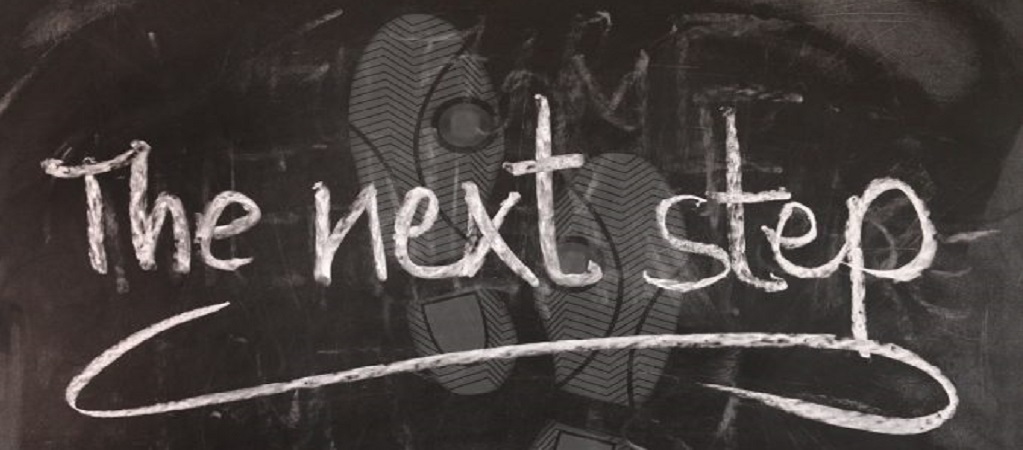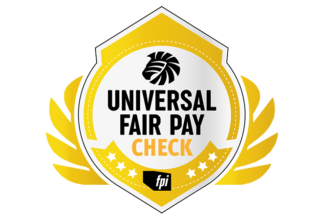FAIR PAY AS A STANDARD
Study on the transferability of the Icelandic Equal Pay Standard ÍST85:2012
The Study on the transferability of the Icelandic Equal Pay Standard ÍST85:2012 to Germany (or another country) was prepared by FPI Fair Pay Innovation Lab gGmbH and funded by the German Federal Ministry for Family Affairs.
Abstract
Iceland has chosen an unprecedented path with the legal introduction of an auditing and certification requirement for remuneration systems in companies and organizations with 25 or more employees. In 2012, the Icelandic Equal Pay Standard ÍST85:2012 was registered; implementation has been legally mandatory for companies in Iceland with 25 or more employees since 2017. The Equal Pay Standard is based on the globally established quality management standard ISO 9001. Implementation of the standard requires uniform compensation system for all employees within an organization, documentation of all pay decisions, a job evaluation system and a regular (at least annual) review of pay gaps and the entire compensation system. While there was initial criticism of the legal introduction of the standard, even those originally skeptical organizations are now in favor of applying the Equal Pay Standard following positive experience with its implementation. The criticisms of the statutory introduction of an auditing requirement are summarized as follows:
- Too much effort in implementing the standard and too high costs for external certification on the part of the organization
- The text of the standard lacks benchmarks for closing wage gaps or analyzing unconscious biases
- The Icelandic Equal Pay Standard is prescribed by law in its current form and cannot be adapted or further developed without changes to the legislation
- The Icelandic Equal Pay Standard in its current form is no longer compatible with the International Organization for Standardization (ISO) management standards.
Today, the legal introduction of mandatory auditing in Iceland is considered a success. The standard provides companies with an instrument for regularly and systematically reviewing their compensation structures. This creates a formal framework in the discussion about auditing procedures and compensation analyses and provides companies with an incentive to analyze their compensation structures on a regular basis. This success is also based on the legal obligation to apply the Equal Pay Standard. If the application of the standard were voluntary – as is common with national and international standards – a far smaller number of companies would be certified, as the pilot project following registration of the standard has suggested. In Iceland – as in Germany – there is an increasing discussion regarding the undervaluation of female-dominated jobs. The application of the Equal Pay Standard beyond the organizational level, e.g., on an industry or sector level, could guide a re-evaluation of activities here. From a German perspective, the application of a Fair Pay Standard based on Icelandic Equal Pay Standard ÍST85:2012 is viewed positively by companies and trade unions. A Fair Pay Standard based on the Icelandic model as a sub-legislative measure offers the opportunity to calculate and close other pay gaps in addition to that relating to gender, for example age, tenure, LGBTIQ+ or ethnicity, while also assessing how different causes for discrimination in pay are inter-related and cumulative. Registration of a Fair Pay Standard is possible with both the German Institute for Standardization (DIN) and the International Organization for Standardization. There is support for an international approach, as closing pay gaps is a globally recognized challenge that has also found its way into the United Nations’ Sustainable Development Goals (SDG).
FPI - What we do
Why does the gender pay gap prove so intractable? What is standing in the way of fair pay for all? What do companies need to do in order to put sustainable pay strategies into practice?
LEARN MORE
Universal Fair Pay Check
The Universal Fair Pay Check provides guidance for companies and sheds a light on the choas of different certification methods.
READ
BEST PRACTICE
Fair pay is a worthwhile endeavor, as numerous studies and forecasts show. We share our insights with you.
READ MORE



